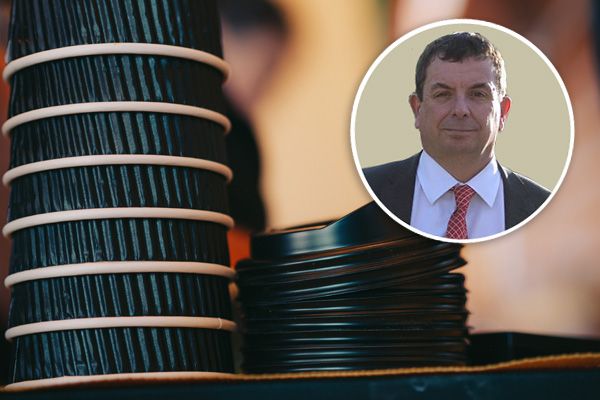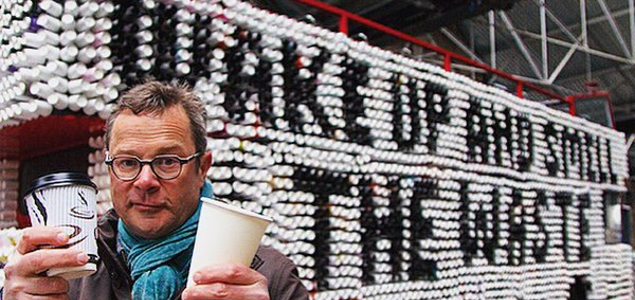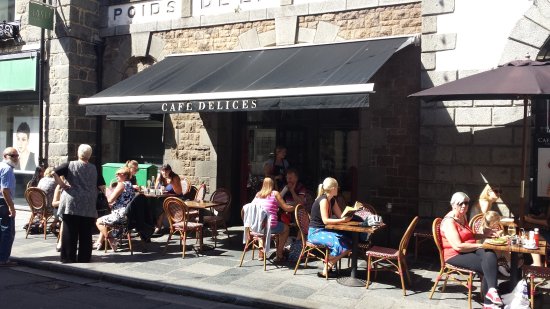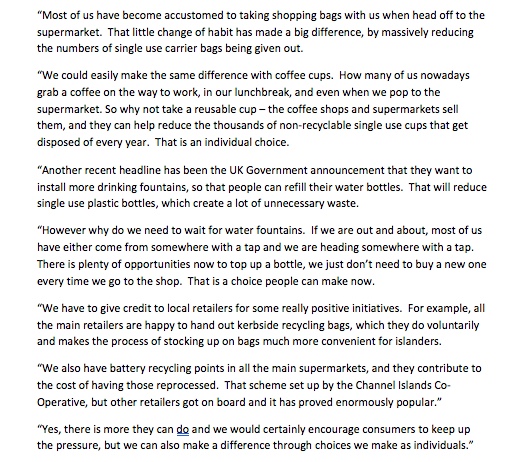

Guernsey is becoming "increasingly aware" of the impact of waste, and retailers are beginning to respond to customer concerns, the deputy MD of States Trading Assests has said.
Richard Evans said Guernsey has been making great progress in becoming a greener, more sustainable island, as more and more people are becoming increasingly aware of the dangers of waste.
Supermarkets and other local retailers have recently been pledging to scrap plastic from their own brand packaging, and over a number of years initiatives to reduce plastic bags have been becoming increasingly more common.
"That has been helped by programmes like Blue Planet, which brought into sharp focus the damage discarded plastic is having on the world’s oceans and wildlife, but it is a much wider problem than that," Mr Evans said.
"For example, locally emissions from landfill is the single greatest source of greenhouse gases – higher even that traffic or power generation – as well causing other pollution.
“We all have a part to play in tackling these issues, as we all produce waste in some form. The island’s waste strategy aims to reduce that, first and foremost, to minimise the impacts, and then focus on reusing and recycling as much as possible. It does mean we have to change some things we have done in the past, but overall it is for the better."

Above: Hugh Fearnley-Whittingstall's Wake up and Smell the Waste documentary.
The coverage of the initiatives started toward the end of 2016, when a documentary by BBC chef Hugh Fearnley-Whittingstall aired highlighting how 2.5 billion paper cups are used every year in the UK and cannot be recycled.
Following that, several Guernsey coffee outlets announced they would be changing to a bring-your-own cup scheme, or fully recyclable and compostable cups.

Cafe Delice in Market Square was one of these, and now only uses fully compostable and recyclable coffee cups. It also has water available for its customers to reduce the number of bottles, paper straws rather than plastic, and is currently working on a strategy to cut the number of cans they throw away.
"One of our main things now is having all of our coffee cups and lids fully recyclable and compostable. When you see how much waste ends up in landfill, when you see how much difference it makes - recycling everything you can - you can't help but want to do more, so we are always looking at what we can do next," Andy Taylor, the owner of Cafe Delice, said.
"We have invested money on an Australian start-up company that are working on making cups out of coffee husk, which is normally a waste product. Millions of tonnes of the stuff gets dumped annually, and they are making reusable cups out of it - they're called Huskeecup. We are expecting our first delivery of those in April.
Waitrose have also recently announced it will be removing all black plastic from its own-brand packaging by 2020, and Iceland has announced it will stop plastic packaging entirely.
“We meet with the major local retailers fairly regularly, and we are always encouraging them to be doing more to help reduce waste generally. However the pressure also needs to be on manufacturers, because it is their products that are being stocked. That is why the recent announcements from retailers have tended to relate to their own brand ranges, because that is where they have control of the packaging and materials," Mr Evans continued.
“Consumer power is what really sends a message. Retailers are clearly waking up to that, and so too are some manufacturers. For instance Unilever, which is the company behind some of the world’s best known brands, has committed to make 100% of its plastic packaging fully reusable to recyclable by 2025."
More of Mr Evans' statement can be read below:

Comments
Comments on this story express the views of the commentator only, not Bailiwick Publishing. We are unable to guarantee the accuracy of any of those comments.